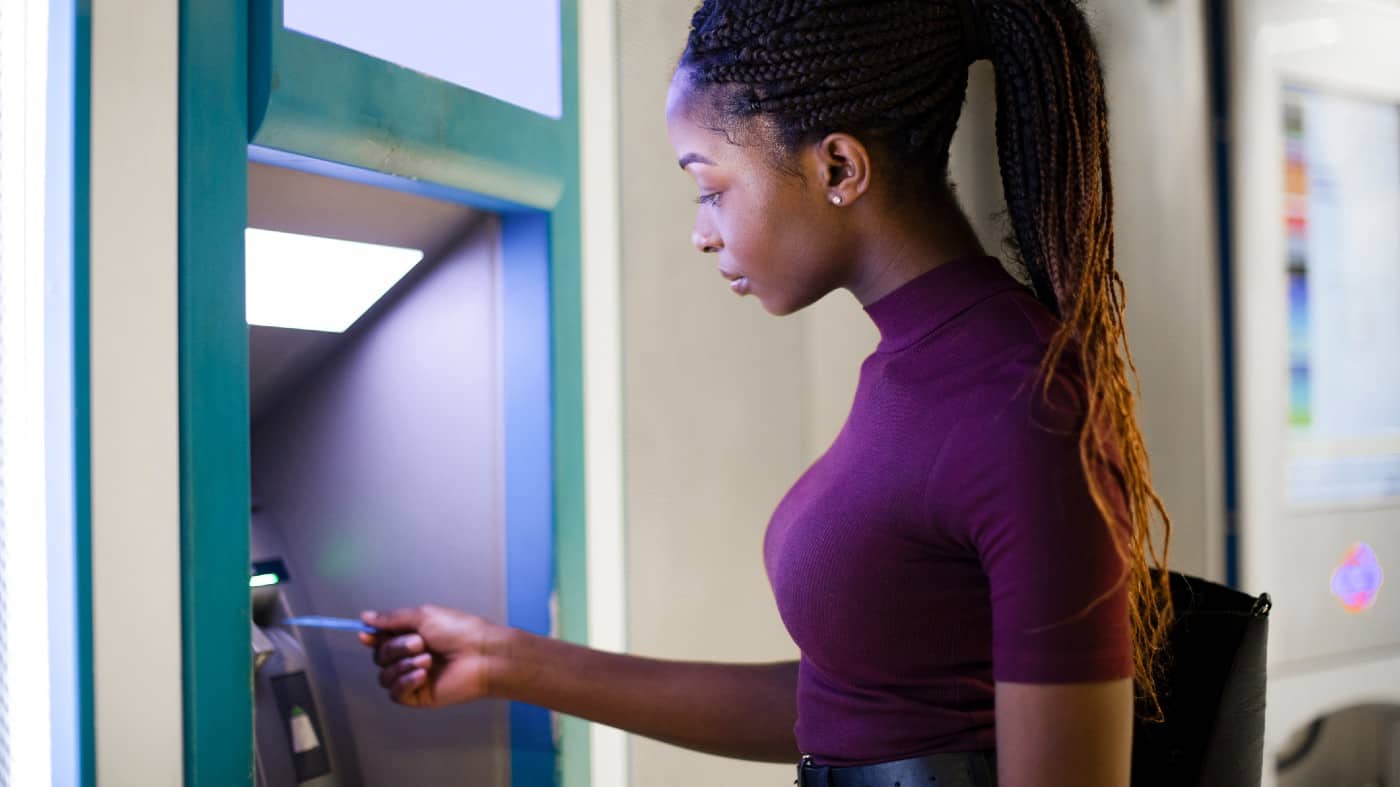Why do I choose a Stocks and Shares ISA to try to build a passive income?
Firstly, it’s low effort. Well, that’s what the ‘passive’ part means, but a lot of ideas do need a fair bit of work up front.
A quick search finds some creative thoughts. Write a book, sell your photographs, create online teaching courses… but they take a lot of skill to achieve.
A simple start
Choosing the shares to buy can be a simple or as complex we choose. The easiest way is to just put money regularly into a FTSE 100 index tracker.
That’s a fund that spreads our cash across the whole FTSE 100 (or uses clever ways to replicate its performance), so we should get close to an average return.
Some passive income ideas are risky, or can just be a plain headache. Rental property is a common suggestion, and I’ve done that. It can work out well, but there’s always something needing fixing, or something going wrong.
What about risk?
I mention risk, and that might make some people twitch. The stock market is horribly risky, right? We have just had a crash in 2020, when Covid struck.
But here’s something surprising. The FTSE 100 has already recovered all the losses it suffered since the collapse that kicked off on that fateful day in 2020.
And we’re even looking at a 10% gain in the past five years, plus dividends. Those dividends probably add another 15%, or more.
That’s not get-rich-quick money. But it doesn’t look like a high-risk disaster.
Reducing pain
To be fair, some stocks are still down in the dumps since the crash. So investors clearly faced more risk with those.
But that helps highlight the two most important things we can use to minimiSe the risk we face from buying UK stocks and shares.
One is diversification. If we hold a spread of stocks in different sectors, we can offset the risks of any one industry going down.
The other, possibly even more important, is time.
Long-term record
UK shares have recovered well since the pandemic. But other downturns in the past have lasted longer.
But researchers at Barclays have looked at returns from UK shares, and compared them to cash savings and gilts (government bonds, usually seen as very safe) for more than a century.
There have been some short spells when shares have been well beaten by cash savings.
But when they looked over longer and longer periods, they found something very interesting. The longer the period, the better shares performed.
Invest in shares for at least 10 years, preferably 20 years or longer, and our chance of losing out gets less and less.
Shares vs YouTube
Barclays hasn’t compared shares to making viral pop songs on YouTube, or any of the other things that need actual talent (and often a bit of luck).
Those who have skills that I don’t might well do a lot better aiming for other forms of income.
But for me, there’s really only one option. I buy dividend-paying shares in my Stocks and Shares ISA, and I’ll keep going for as long as I can.








